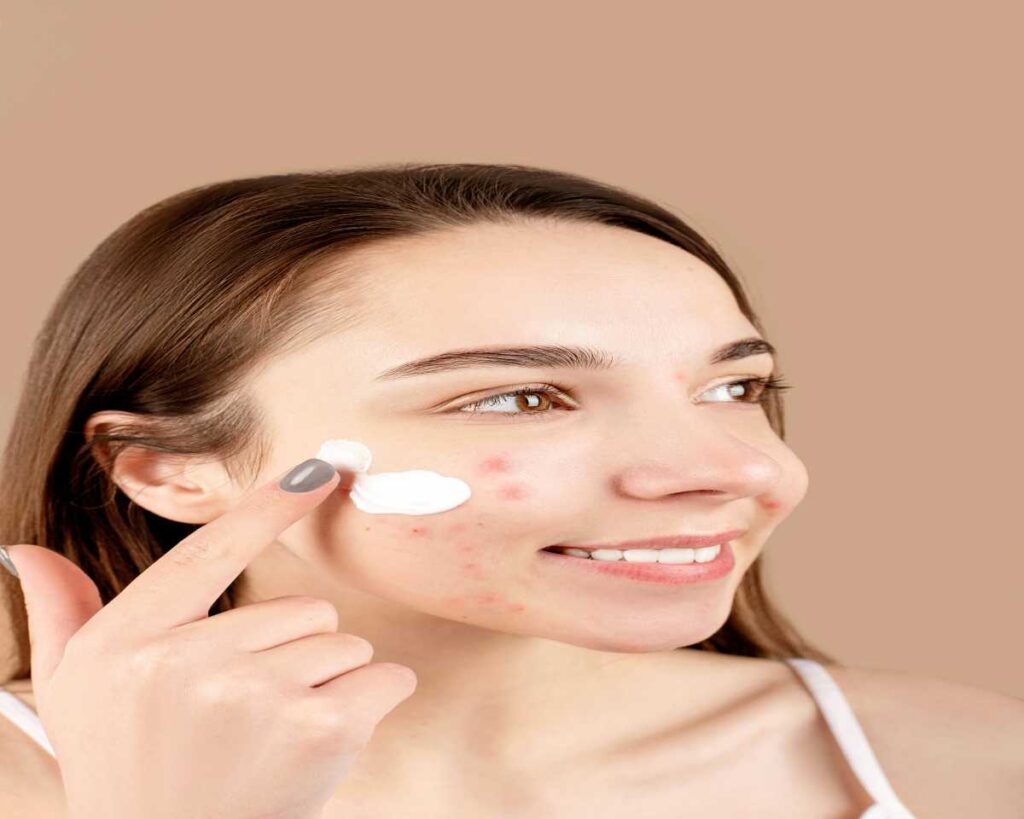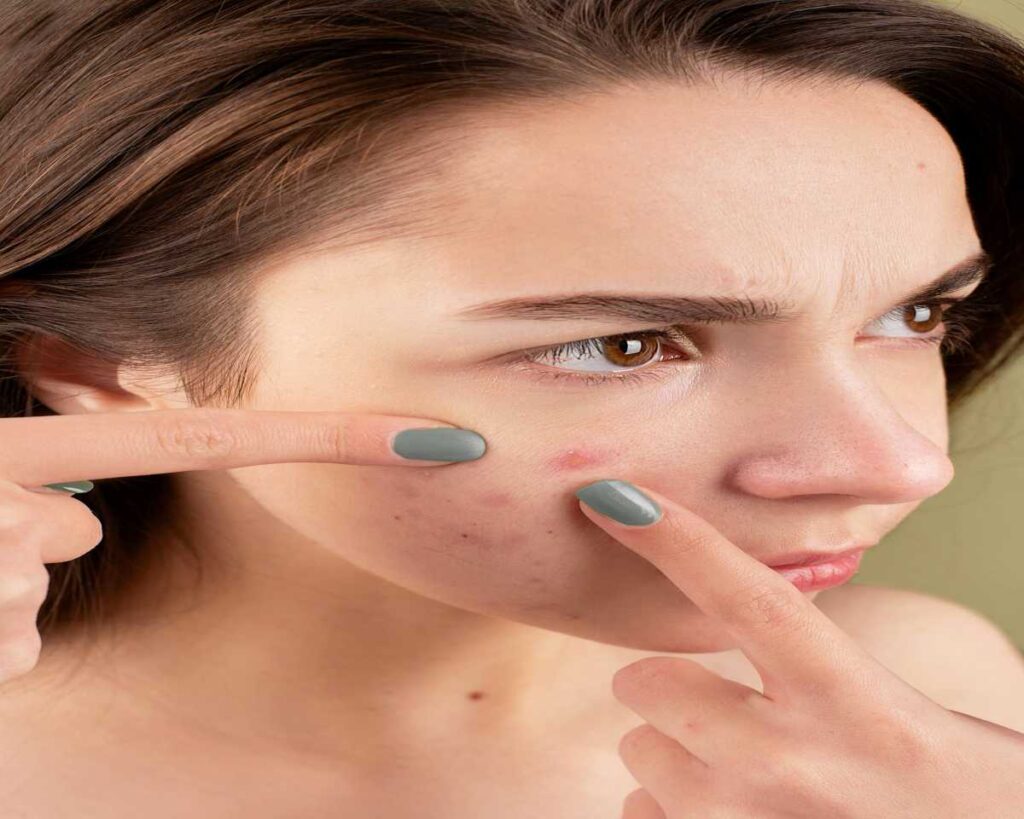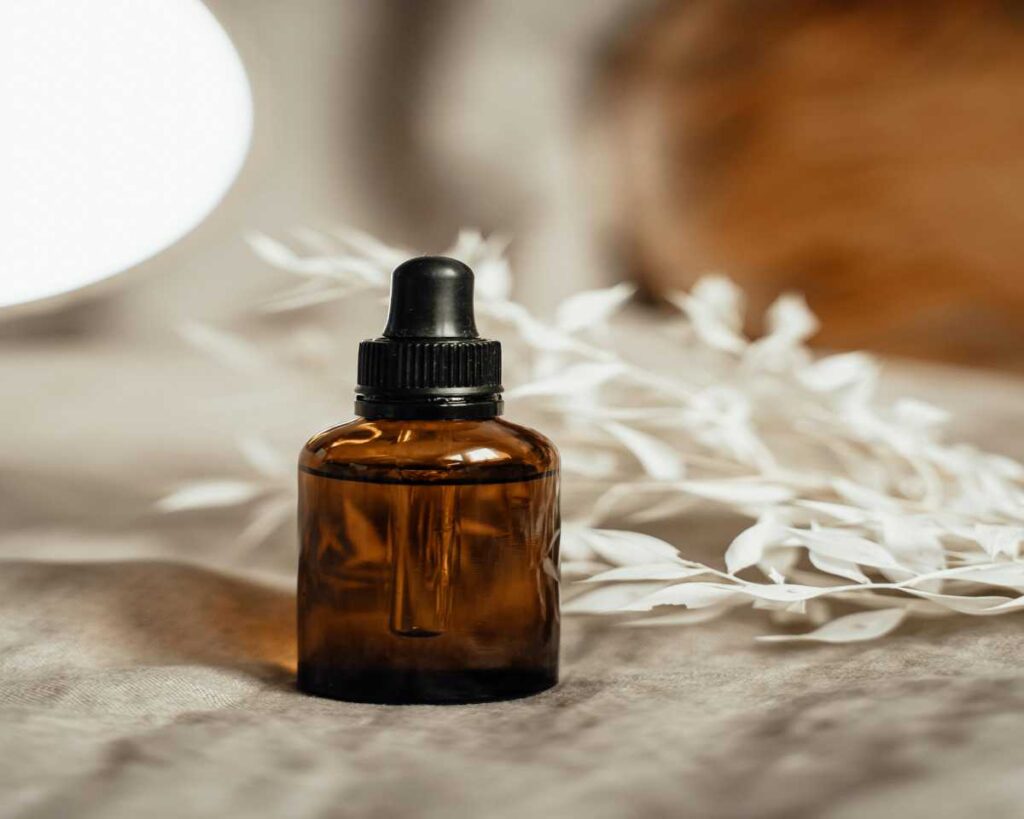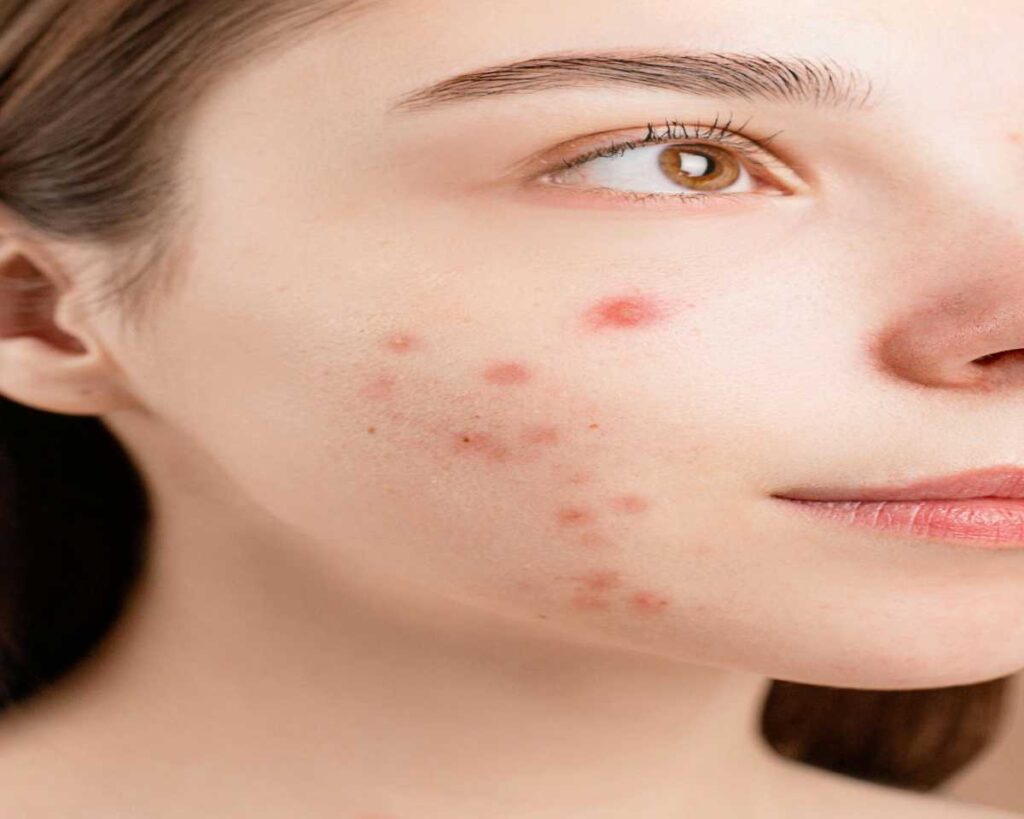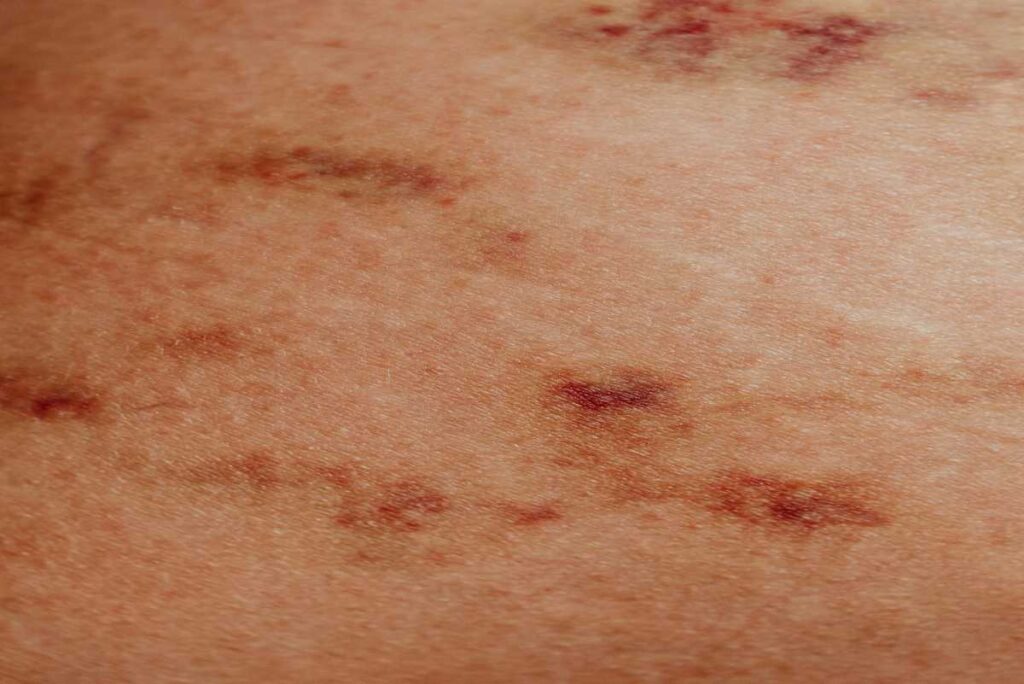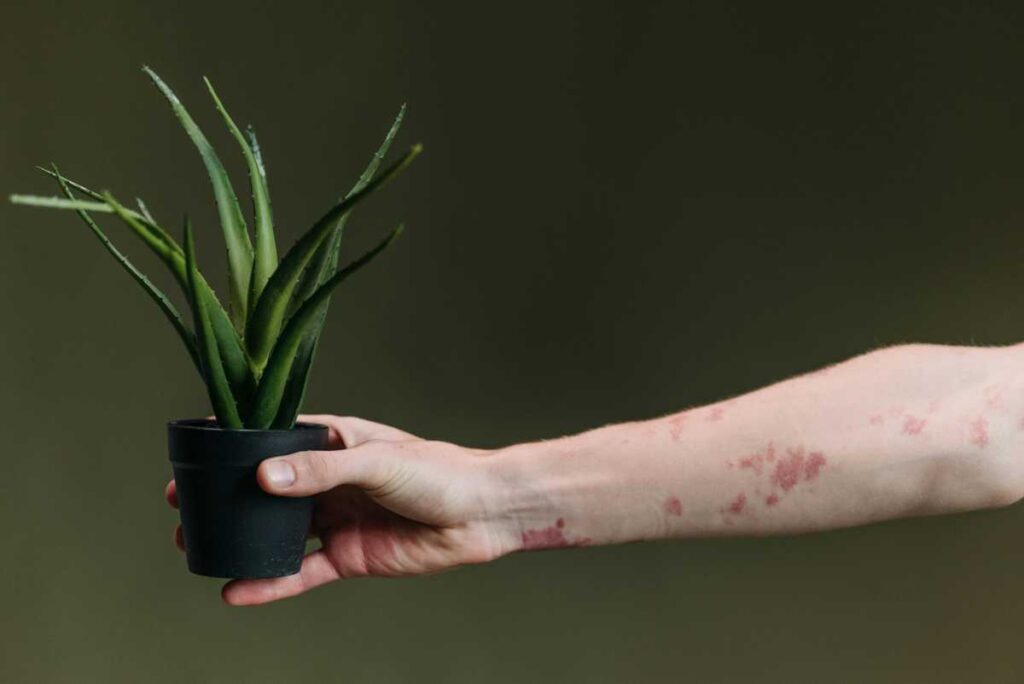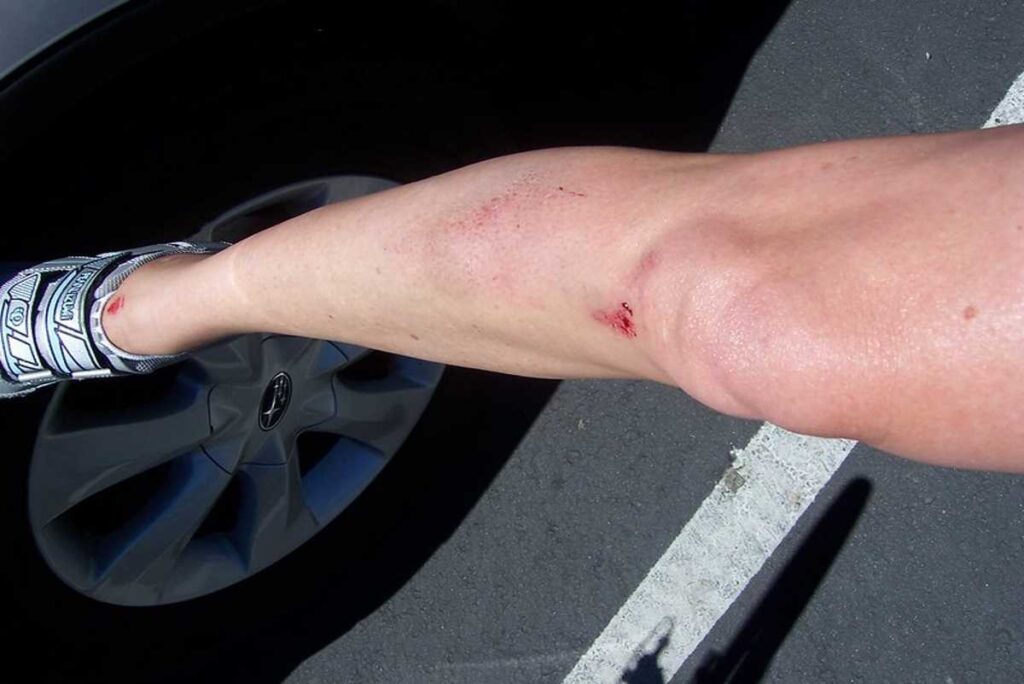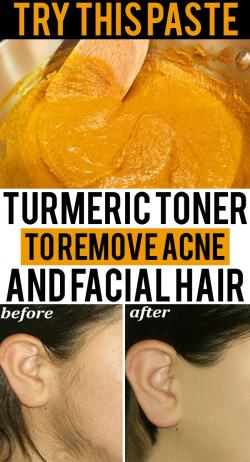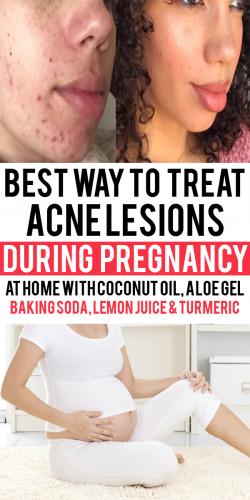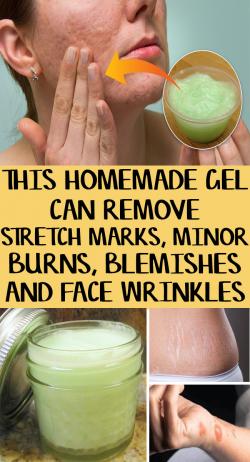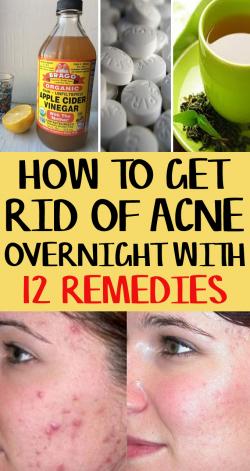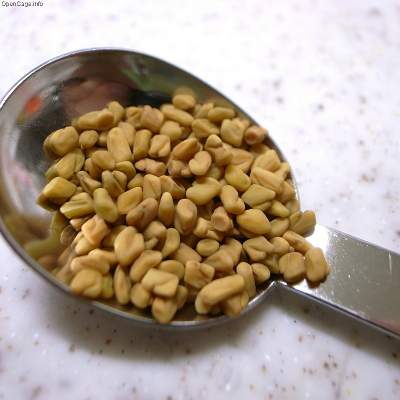
Fenugreek (methi) seeds are extensively used in treating health ailments and to fix hair fall. Recent researchers state exceptional benefits of fenugreek for skin whitening, acne and to tighten skin.
Apart from reducing cholesterol, preventing diabetes and increasing breast milk, fenugreek seeds and leaves are extensively used in Indian households. Especially North Indians use methi in making of dals, parathas, curries and other dishes.
Exceptional medical properties packed in fenugreek makes it an effective remedy for all skin disorders. High amounts of proteins and vitamins in this herb fights infection causing bacteria and rebuild your dry skin. Below listed are uses of methi for skin.
Stay with me to know uses of methi seeds, before jumping to fenugreek (methi) face mask recipe list.
Is Fenugreek Good for Skin?
Fenugreek seeds are packed with exceptional nutrients that are essential for your sensitive skin.
- Cleansing ability of fenugreek seeds can remove dead cells, pollutants and lighten your skin.
- Moisturizing and healing properties of fenugreek seeds can tone your skin and make it supple.
- Skin whitening abilities exhibited by vitamin C residing in methi seeds can make your skin bright.
- Strengthen Your Skin& Hair: Thiamine, also known as vitamin B1 is responsible for generating energy from food. With this vitamin you can maintain healthy skin, hair and nails.
- Treats Chronic Skin Ailments: Vitamin A housed in fenugreek and incorporated in cosmetic products can treat major skin disorders like acne, eczema, psoriasis and blackheads.
- Exfoliates your skin: Apart from using chemical peels you can use fenugreek seeds to exfoliate your skin.
- Fasten the Healing Process: Its healing agents treat wounds, sun burns and other minor injuries.
- Reduce Wrinkles: Antioxidant properties of vitamin C in methi can help you from UV rays and prevent aging wrinkles.
- Reduce Stretch Marks and Acne Scars: Fenugreek is rich source of vitamin K, various skin care creams and doctors use vitamin K as it helps in blood clotting. Assorted properties in vitamin K helps to treat stretch marks, spider veins, fade scars and reduce dark circles.
- Other minerals like calcium, magnesium, zinc, selenium and iron residing in fenugreek seeds and leaves helps to treat minor to moderate skin problems.
The brief nutritional benefits of fenugreek conclude that it can topically and internally make the skin free from bacteria and harmful virus.
8 Benefits of Fenugreek Seeds for Face, Acne and Skin Tightening
Benefits that natural ingredients bring to you can’t be listed in numbers, as they’re numerous. Here are notable uses of methi for skin. (I placed number just to attract your eye balls ;))
Below listed are fenugreek (methi) face mask recipes.
#1. Fenugreek for Skin Whitening
Let me clear you that using these home remedies you can improve skin complexion to some extent. Like if your skin is piled with dead cells, dark spots, impurities and scars.
It can’t magically turn a brown or black skin to fair, like they show in cosmetic ads.
However, don’t be upset. Exfoliating, hydrating and healing properties exhibited by this home available ingredient may bring a natural glow on your face.
How to Use:
- Prepare fenugreek seed powder by grind it.
- You can store the powder in air tight container for future use.
- Mix milk with this powder in required quantity and apply it over the face evenly.
- Allow it to dry naturally and then rinse it off with water.
#2. Fenugreek for Skin Tightening
Accumulated impurities give your skin hard time to breathe and function. Exfoliating makes it easy for your skin to breathe and thwarts infection causing bacteria.
Probiotics, anti-inflammatory and lactic acid ability housed in yogurt help to reduce ailments and make your skin supple.
How to Use:
- Mix powdered fenugreek seeds with yogurt in equal ratio.
- Wash your face and massage fenugreek face mask on your skin.
- Leave it for 15-20 minutes then rinse it off.
This face mask will exfoliate and wipe dead cell from your skin.
#3. Reduce Inflammation
Minor burns, eczema, pimples and other skin disorders are associated with inflammation. Apply fenugreek face mask topically will get rid of inflammation.
How to Use:
- Grind methi seeds into powder and pour warm water to it.
- Now apply the mixture over affected part like poultice. You can use clean cloth.
- In other words, you just need to wrap mixed past in a cloth and apply it over affected part for few minutes.
Related post: Bentonite clay face mask
#4. Fenugreek for Acne
Properties in this herb draw toxins from the skin, so it can easily treat blackheads and enhance elasticity of the skin. Acne is mainly cause due to inflammation, which can be reduced using above mentioned face mask.
Also, fenugreek seeds are packed with anti-inflammatory and antibacterial abilities that can help you to fight acne.
Honey is packed with anti-inflammatory, antimicrobial and healing abilities. Humectant property residing in honey helps to get rid of dry skin.
- Soak fenugreek seeds overnight.
- Grind methi seeds with 1 tablespoon of manuka honey till you obtain smooth paste.
- Wash your face with lukewarm water and apply this paste evenly in circular motion.
- Rinse it off after 15-20 minutes.
#5. Prevent Dark Spots and Lightens the Skin
Dirt and dead cells along with bacteria accumulate over the skin to form dark spots. Fenugreek face mask wipes out all impurities and tones your skin making it glow naturally.
How to Use:
- Soak fenugreek seeds as mentioned above and grind it with plain milk.
- Apply the obtained paste over prewashed face and under eyes.
- Let it dry naturally and rinse it off after 15 minutes.
Also read: Green tea for blackheads
#6. Protects your Skin from Sun
Prolonged exposure to sun rays makes your skin dark and results in peeling. Vitamin C housed in fenugreek seeds protects your skin from harmful UV rays.
Consuming it shows excellent results in protecting skin from sun rays. Else you can also use the above mentioned fenugreek and honey face mask.
- Boil ½ cup of fenugreek seeds in 2 cups of water.
- When the water turns yellowish, stop heating and allow it cool.
- Refrigerate it and apply it on the face using a cotton ball.
#7. Fenugreek for Wrinkles
As you age, your skin loses its natural elasticity. Apart from aging other external factors results in premature aging wrinkles.
Topical application of such vitamin rich ingredients will enhance collagen production and improve elasticity of your skin.
As it combats with free radicals, fenugreek stands as an excellent innate remedy for aging signs.
- Mix boiled milk to fenugreek paste, optionally add raw honey and mix thoroughly.
- Topically apply this face mask over the face and then rinse it off.
Method- 2 (Anti-aging)
- Take 1 tablespoon of methi seeds and soak it overnight.
- In the morning, grind these seeds with 1 tbsp of plain yogurt.
- Add little water if needed.
- Blend till you obtain smooth paste.
- Use this paste as a face mask to reduce wrinkles or fine lines.
#8 Methi Face Pack for Oily Skin
- Take 2 tablespoons of methi seeds and soak it in a cup of water overnight.
- Drain the water and mash the seeds to obtain smooth paste like consistency.
- Add aloe gel or vitamin E oil to the methi paste and apply it on prewashed face.
- Allow it to dry naturally for 15-20 minutes and then rinse it off with normal water.
You can use this simple face mask to brighten your skin.
How to Use Fenugreek Seeds to Nourish the Skin
As you can see fenugreek is naturally stuffed with exceptional nutrients that can nourish the skin and improve your skin tone.
- Take fenugreek seeds and water in equal quantities.
- Keep it over stove on simmer.
- After 10 minutes, collect the strained water in a bowl and let it cool.
- Now, daily wash your face using this water.
Nutrients in fenugreek transferred to water, which will cleanse and tones your skin.
Fenugreek Face Mask
Renowned properties housed in methi helps to reduce scars and treat acne lesions. Boil washed methi seeds in water for few minutes. Let it cool down and strain the seeds to apply the water over your face using cotton ball.
Alternatively, you can grind methi seeds with little water to form a thick paste like consistency and apply it over prewashed face.
Consumption of Fenugreek Seeds
Ingesting limited amount of methi seeds can treat various health related issues like cancer, reduce joint pains, lower cholesterol, maintain blood sugar level, promote proper digestion and helps to lose weight.
However, excess consumption may trigger inflammation and irritation. Pregnant women must consult their physician before ingesting these seeds.
Tips on Using Fenugreek Seeds for Face
- To reap its nutrients for beautiful skin, experts recommend topical application.
- To make it more effective you can blend other natural ingredients with methi seeds powder.
- Ingredients that irritate your skin must be avoided.
- Drink enough water and include vitamin rich diet for best results.
- Chemical incorporated creams are harmful for your sensitive skin, so stop using them.
- Choose any of the above mentioned recipes and start with small quantity to make sure your skin isn’t allergic to its ingredients.
Skin Whitening Tips With Fenugreek Seeds
- Choose any one of the face mask recipes listed above.
- Avoid chemical incorporated creams as they may irritate your sensitive skin.
- Best time to apply this ingredient is before going to bed.
- Apart from this, ingest skin lightening and collagen foods.
Image source
